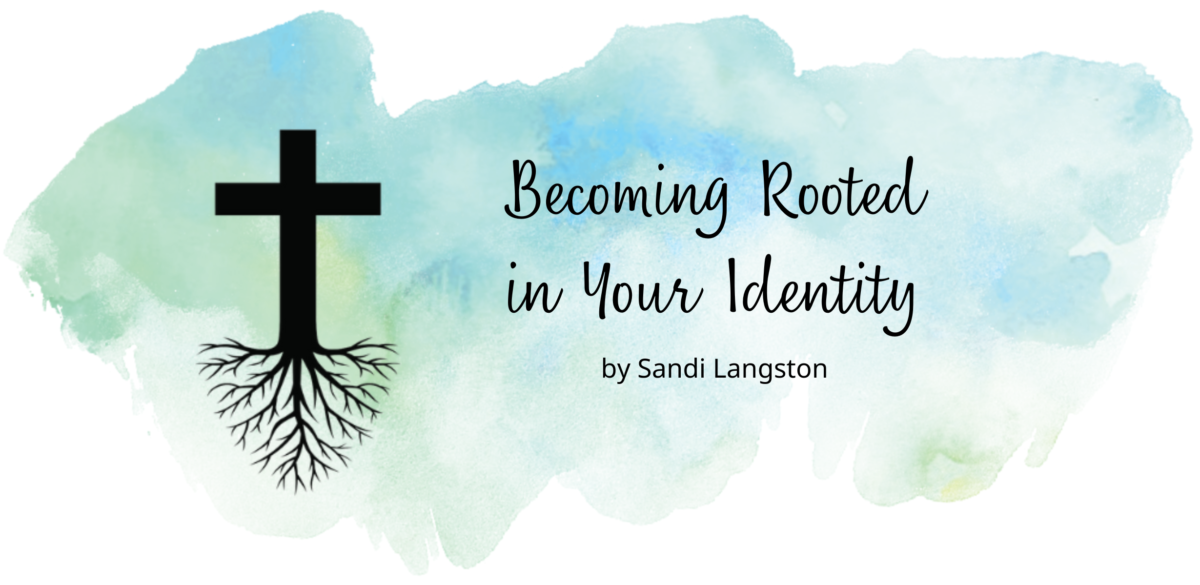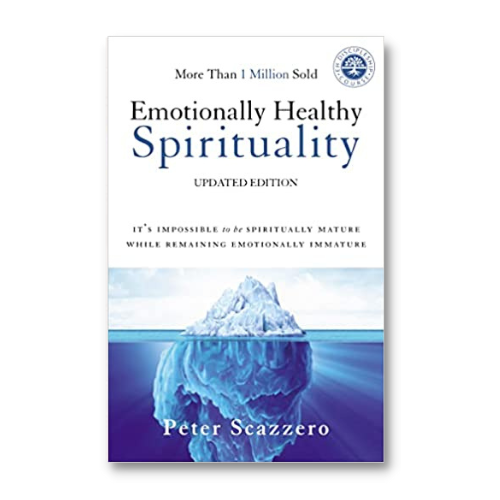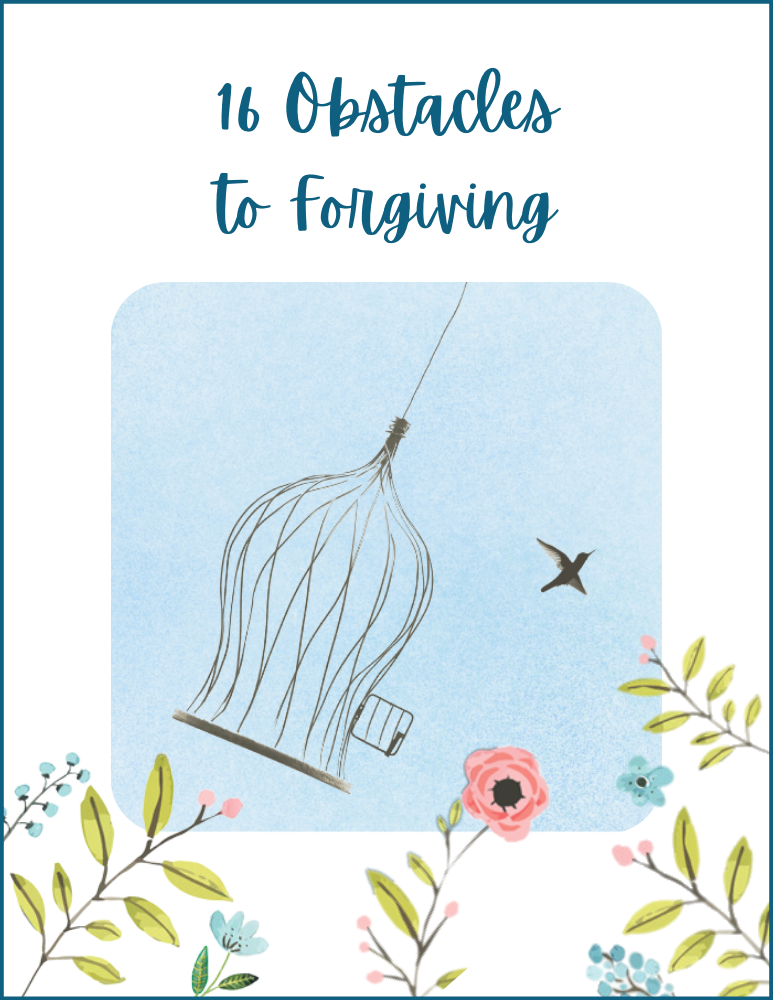Emotionally Healthy Spirituality: It’s Impossible to be Spiritually Mature While Remaining Emotionally Immature.
By Peter Scazzero, updated edition 2017 – https://www.emotionallyhealthy.org/
When you combine emotional health and contemplative spirituality, you get what Peter Scazzero calls Emotionally Healthy Spirituality. The principles are timeless and non-negotiable for an authentic and sustainable Christian life.
Scazzero laments that “…the spirituality of most current discipleship models often only adds an additional protective layer against people growing up emotionally. When people have authentic spiritual experiences – such as worship, prayer, Bible studies, and fellowship – they mistakenly believe they are doing fine, even if their relational life is fractured and their interior world is disordered. Their apparent ‘progress’ then provides a spiritual reason for not doing the hard work of maturing. They are deceived. I know. I lived that way for almost seventeen years,” (p. 16).
Scazzero’s own story is woven through the book as a powerful testimony. He is not afraid to divulge his grand failures, something most people take care to bury. Years ago Scazzero committed to practicing a spirituality that includes emotional maturity. His transformation and growth since – evident in his insight throughout each chapter – are enviable, and the popularity of the book speaks to its worth. Scazzero and his wife Geri are living proof of his message. The reader finds comfort that there is hope for everyone and comes away inspired with the knowledge that there is lifelong depth and joy to be experienced in the Christian walk of loving God and loving people. We need not settle for less than fullness of life.
Chapter-by Chapter Overview
Chapter 1 sketches Scazzero’s own story, yet the reader can’t help but resonate with several points on his list of unhealthy emotional spirituality. We grow to know God more as we grow in self-knowledge (Chapter 2). This includes allowing ourselves to feel various emotions and move out of our false identities into authenticity. To “break the power of the past,” we must examine the messages and rewrite the scripts we have received from previous generations (Chapter 3).
At some point in our lives we face trials and realise we can’t get through by ourselves (Chapter 4). We must let go of control, cling to God despite an absence of affect, and go on an intense journey inward. We can either get stuck here and become bitter and angry, or press in and allow God to bring us “through the wall.” Those who go through the wall have a greater level of brokenness, appreciation for mystery, ability to wait for God, and detachment from things. They still serve and learn, but from a place of deeper grounding in the love of God. Eventually we are “transformed into love.”[1] I want to be one of these people!
Our attention turns to grief, loss, and limits in Chapter 5. Scazzero normalises these experiences. He encourages us to embrace them rather than numb the pain or suppress or fight against it.
I found the description and suggestions for practicing the Daily Office and Sabbath inspiring and challenging (Chapter 6). We stop several times a day to become consciously aware of God’s presence. “We stop on Sabbaths because God is on the throne” – and we are not, (p. 155). By the way Scazzero describes the Sabbath and the activities he recommends in the place of work, I can hardly wait for the next Sabbath!
Chapter 7 deals with emotional maturity in relationship to one another. Scazzero offers measurable skills to grow in communication and conflict, and ultimately in love. His thoughts on true versus false peacemaking are gold (especially for the conflict avoiders among us!)
As I neared the end of the book, I found myself wishing there was some kind of workbook to integrate the insights from each chapter. Well – there is! Chapter 8 of the book is about creating a “rule of life” or “trellis” – i.e. practices on which a healthy spirituality can grow and flourish. The point of this is to love Christ above all. The reader can slowly integrate practices, forming one new habit at a time. There is also an EH Spirituality workbook and a course. (I have not worked through these, but I am interested in them.) I also value the many resources in the end notes of the book – I have earmarked a number to read in future.
Other Emotionally Healthy Resources
There are several other Emotionally Healthy resources. EH Discipleship and EH Relationships come as both a book and a course; then there is The EH Leader book; The EH Church book; and Geri Scazzero has written The EH Woman (as well as created much of the content of the other resources alongside her husband).
I wholeheartedly recommend Emotionally Healthy Spirituality. As Christians, we would be wise to recognise our holistic nature and pay attention both to contemplative spirituality and emotional health. These are not separate, and they both affect every area of our lives. I read through the book quickly, but I would recommend a slower pace. The whole point of the book is to know Jesus more. Careful reflection and putting into practice the areas highlighted by the Holy Spirit will change your life. Perhaps one specific chapter stands out to you most in your current season?
[1] Scazzero draws from Janet Hagberg and Robert Guelich’s Critical Journey: Stages in the Life of Faith. This includes the language of “the wall,” also known as “the dark night of the soul.”




